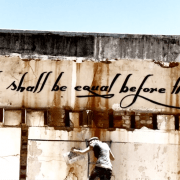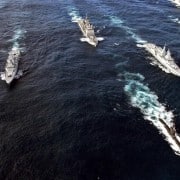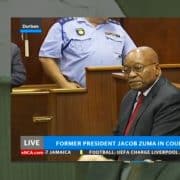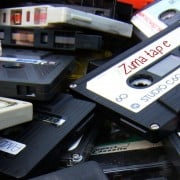|
Getting your Trinity Audio player ready...
|
By Thato Mahlangu
Former president Jacob Zuma’s application for a permanent stay of prosecution in his corruption-related case was dismissed with costs, in a judgment handed down by the KwaZulu-Natal (KZN) High Court in Pietermaritzburg this Friday.
A full bench of the KZN High Court, which included Judges Thoba Poyo-Dlwati, Bhekisisa Mnguni and Esther Steyn, ruled that Zuma, together with the French arms company Thales, a supplier in South Africa’s controversial multi-billion rand arms deal, would have to stand trial for the corruption linked charges which include money laundering, according to News24.
In May this year, Judges Poyo-Dlwati, Mnguni and Steyn heard arguments brought forward by Thales and Zuma, asking the court to exclude them from being prosecuted.
This case relating to the 1999 arms deal, which was formally known as the Strategic Defence Package, dates back to 2005, and has been dragging for years before the courts.
But the investigations started in the early 2000s.
According to News24, an application by Thales to strike out portions of an answering affidavit which was submitted by the National Prosecuting Authority’s (NPA) Billy Downer, was dismissed.
Long-standing corruption allegations
News24 further reported that in 2005, Zuma’s financial advisor Schabir Shaik was found guilty of fraudulent and corrupt activities which resulted in irregular payments being made to officials overseeing the arms deal selection. Please include a link to this News24 report.
Zuma was then the deputy president of the ANC and of the country.
“Indeed, he was fired by then-president Thabo Mbeki, but led a resurgent comeback to secure the ANC presidency at the party’s Polokwane conference in 2007.
Two years later, then NPA head Mokotedi Mpshe said recordings of telephone conversations between then Scorpions boss Leonard McCarthy and former NPA boss Bulelani Ngcuka had shown that the decision to charge Zuma was politically motivated.
(Ngcuka and McCarthy) could be heard discussing the timing of bringing charges against Zuma, which were related to his alleged involvement in the arms deal (before the 2017 Polokwane conference).
Zuma attempted to use the spy tapes to argue that his prosecution was politically motivated and that he was a victim of a grand conspiracy,” reported News24.








